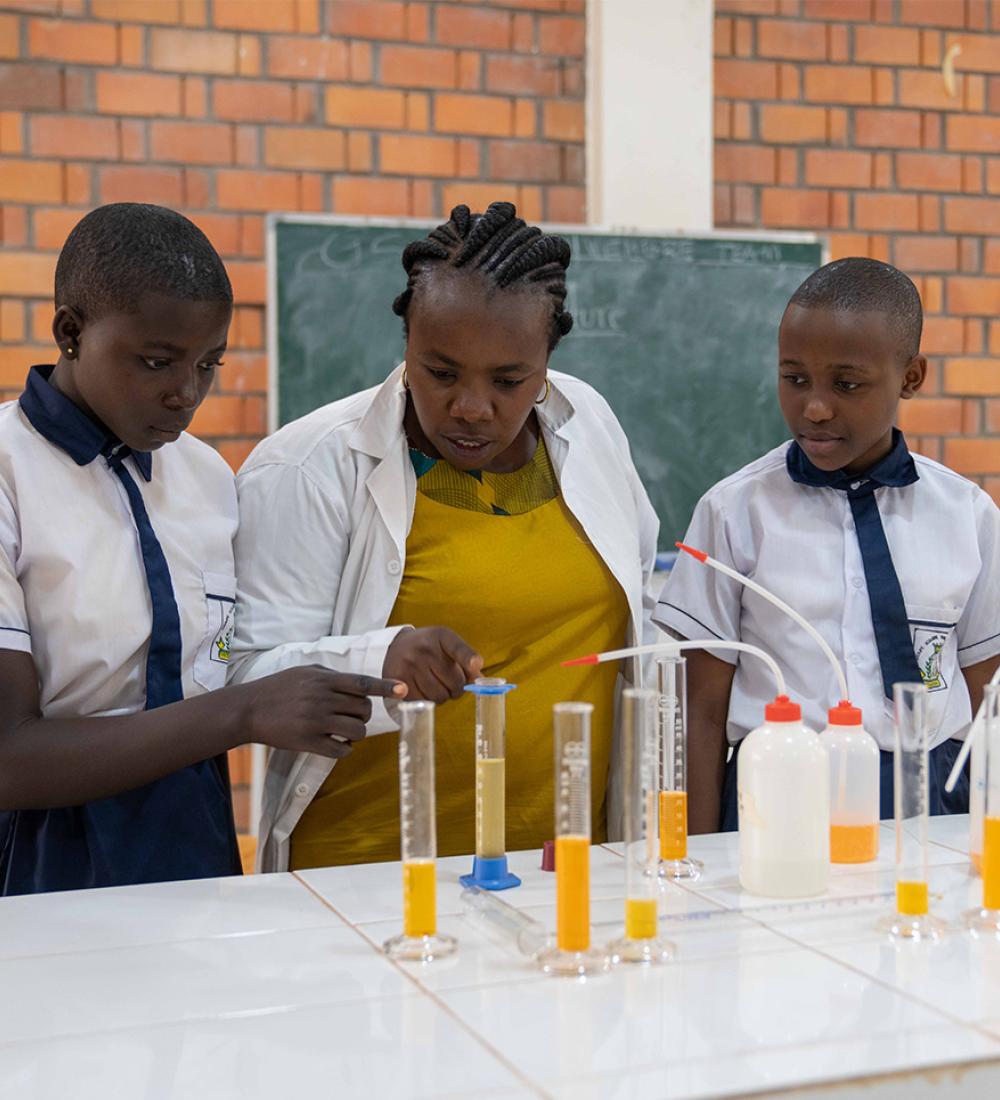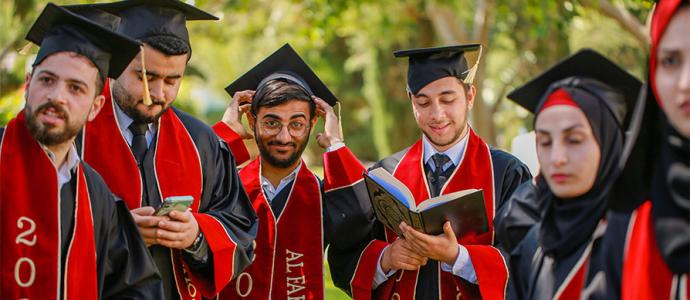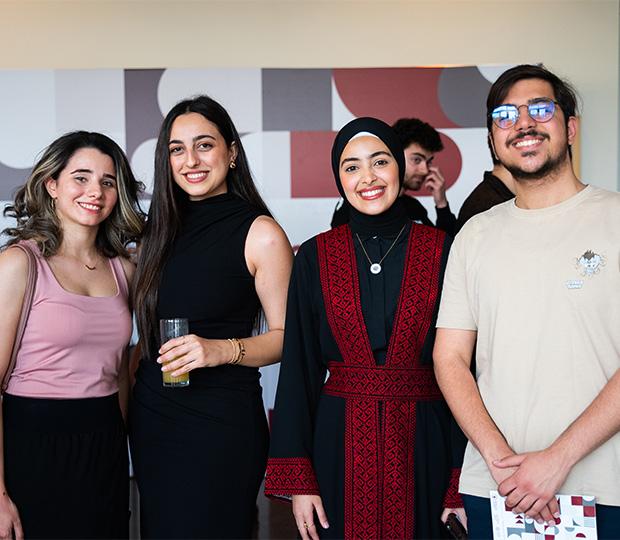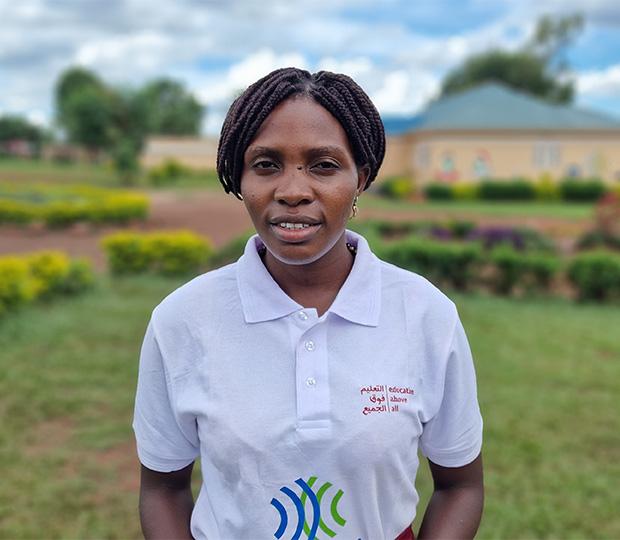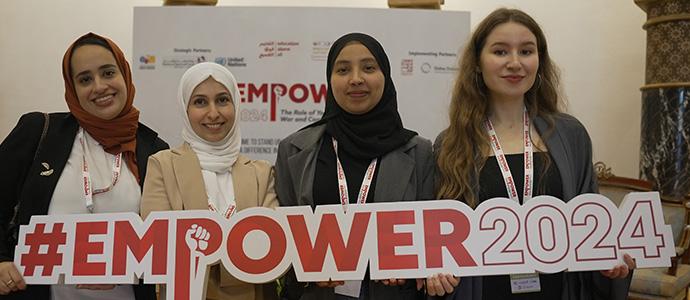Korean companies should commit to support education
Among the subjects discussed in the forum was how best to reach the world’s 58 million out-of-school children. These are the children most in need: the poorest, the most vulnerable, the exploited and the abused.
Reaching these children – many of whom are currently beyond the reach of programs, research and budgets – is a challenge. And yet, meeting this challenge will be possible only if we approach the issue head-on. Understandably, financing is central to these discussions.
Thankfully, Korean organizations are heeding the call to support education for the world’s most marginalized children. On the sidelines of the World Education Forum, the Korean International Cooperation Agency, the government-funded agency dedicated to granting aid to reduce poverty and improving the quality of life in developing countries, signed a three–year agreement with the Education Above All Foundation. Together, our two organizations have pledged to provide a total of $20,000,000 to support the implementation of education projects around the world, with the aim of accelerating the enrollment and retention of out-of-school children in quality primary education.
The financial reasons for achieving universal primary education are clear: every dollar invested in primary education generates $10-$15 in economic returns and one-year increase in the average educational attainment of the population in a developing country can increase annual per capita gross domestic product growth from 2 to 2.5 percent. UNESCO estimates that each additional year of schooling raises a country’s GDP growth by 0.37 percent per annum.
However, despite all the incontestable evidence, the funding gap to achieve basic education in low-income countries increased from $16 billion to $26 billion per annum in just three years, according to UNESCO. If we are to reverse this trend and lift a generation of children out of poverty, the global community must commit to accelerating funding to primary education.
Appropriate funding and programming that address the barriers inhibiting the enrollment of out-of-school children are two of the key cornerstones to universal primary education which require special efforts. One-size-fit-all solutions as well as administrative overlaps of the way that funding for education is spent can be barriers to education provision.
For these reasons it is especially important that innovative approaches are found, and non-governmental organizations such as EAA are at the forefront of testing new methods for funding and implementing education programs. If we are to achieve universal primary education, we must not only maximize our available resources in tailored programs, we must coordinate them in such a way that minimizes administrative and implementation overlap.
Korea has demonstrated its leadership in promoting access to universal primary education, as demonstrated by hosting the latest World Education Forum. What is now needed is the participation of the private sector to join in this important effort to close the funding gap.
Children around the globe deserve our commitment and dedication to helping provide them with a better world in which to live.
If we can deliver on this commitment of universal primary education – we can get it right for delivering education to people of all ages. I believe we can.
By Marcio Barbosa
CEO, Education Above All Foundation








